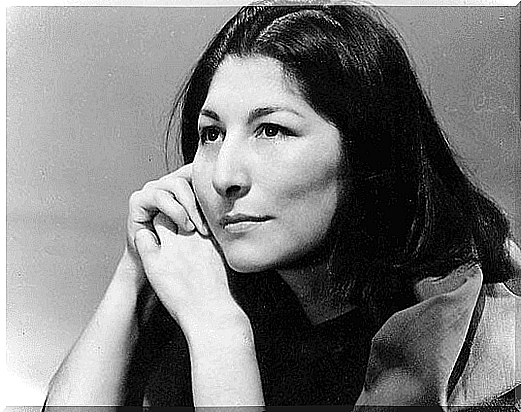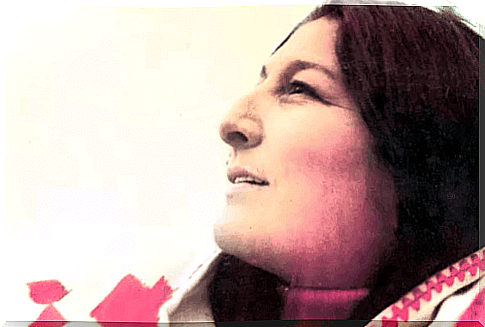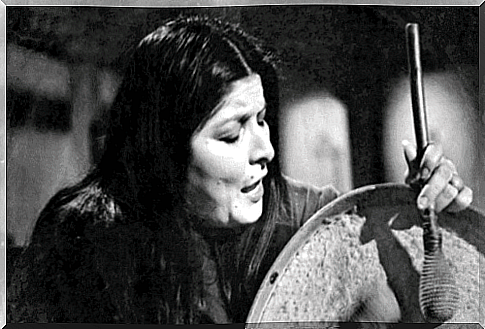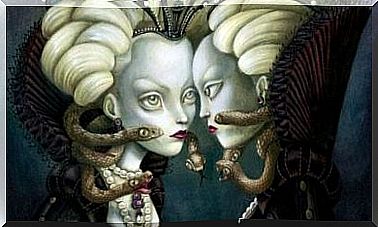Mercedes Sosa, Biography Of The Phenomenal Sound

Mercedes Sosa faced two concerts during his career, which he barely survived due to his emotionality. The first of these concerts was held in Barcelona in 1973, during the first Spanish tour of Sosa’s career. The country was ruled by the dictatorship of Francisco Franco at the time, and advertising of Sosa’s concert was banned. However, people flocked to the venue to sing Sosa’s songs together and during their concert, “La Negra” ended up with tears of joy.
One of these unforgettable concerts was held in February ten years later. At that time, Sosa returned to perform in her homeland after a bitter exile. The Argentines accompanied his songs together and Sosa admitted that he could not turn towards the audience because if he had done so, he would have thrown himself into the power of his tears.
It is said that after that concert, Admiral Carlos Alberto Lacoste asked, “Who gave Mercedes Sosa permission to come to my country?”
She was Mercedes Sosa, the “Voice of America,” a woman from humble circumstances who never submitted to the abusers of power and had to pay dearly for her own strict principles. Moreover and most of all, Mercedes Sosa was a phenomenal voice that made singing a way to tell the reality of Latin America to people around the world.

Mercedes Sosa, a humble girl
Her full name was Haydée Mercedes Sosa, although her parents had agreed that her name would be Marta Mercedes. Dad registered the girl’s name and decided to change plans at the last minute. Yet throughout his life, his family called him “Martha”. Sosa was born on July 9, 1935 in San Miguel de Tucumán, Argentina.
There is a curious detail about the time of his birth and death. Mercedes Sosa was born on the same day that Argentina celebrates independence, and in fact, this independence was signed exactly in his hometown of Tucumán. 74 years later, on October 4, “La Negra” died; on the date known as the birthday of Chilean singer Violeta Parra – a woman whose name Sosa made world famous.
Sosa was the daughter of a humble sugar factory worker and a woman who earned her income by washing laundry in wealthy families. His parents were convinced Peronists (an idea based on the teachings and ideas of former Argentine President General Juan Perón) and on October 17, 1950, they traveled to Buenos Aires to celebrate Peronism Loyalty Day. That day, Mercedes, who was a singing teacher at the time, dropped out of work and was responsible for singing the Argentine national anthem. This moment became his first public appearance.
The beginning of a successful career
Some of Sosa’s co-workers persuaded the woman to go to a local radio station that was running a singing competition at the time. Mercedes decided to take part and at the end of the show the owner of the radio station announced that the race was over as the winner had been found.
From that moment on, Mercedes started singing on the radio regularly. In 1957, he married the folk musician Óscar Matus, and together they moved to Mendoza, a province in Argentina that Sosa loved closely.
A little later, their first son, Fabián Matus, was born. Together with her husband Matus and poet Armando Tejada Gómez, Sosa founded the “Nuevo Cancionero” movement in Latin America.
The marriage with Matus lasted eight years, and this one left Sosa because of another woman. After the resignation, Sosa himself moved to Buenos Aires and in the same year something almost magical happened. During the Festival Folklórico de Cosquín, Argentina’s most important festival of folk music , musician Jorge Cafrune invited him to sing on stage, even though he had not been invited to perform at the festival, and Sosa managed to immediately captivate the audience with his singing.

The voice of America
From that magical moment, there was no end to Mercedes Sosa’s success. He first conquered his homeland, then the whole of Latin America and finally the whole world.
He found a new partner, “Pocho” Mazzitel, who was working as a musician manager at the time, and their relationship lasted until Mazzitel’s death. Those times were happy times for Sosa, and she did not hesitate to call her other husband the “great love” of her life.
However, after the military coup in Argentina, Mercedes Sosa faced difficult times. Initially, his record was banned and he became part of the dictatorship’s blacklist.
In 1978, during a solo concert at La Plata, the army interrupted Sosa’s performance, which was publicly beaten and arrested along with other participants in the concert. After this incident, Sosa was exiled first to Paris and later to Madrid.
Refugee was a bitter experience for Sosa, especially because it coincided with the death of her beloved life partner. In Sosa’s own words, it took him nine years to accept this great loss. In spite of everything, love and even the respect of the audience as well as singing re-ignited his enjoyment of living.
Sosa continued her career, new concerts came and with that also new musical experiments through rock. All of this was followed by Sosa’s death on October 4, 2009 – on Violeta Parra’s birthday – at a 74-year-old hospital in Buenos Aires. Mercedes Sosa is remembered for her magnificent career as well as her immortal voice.








